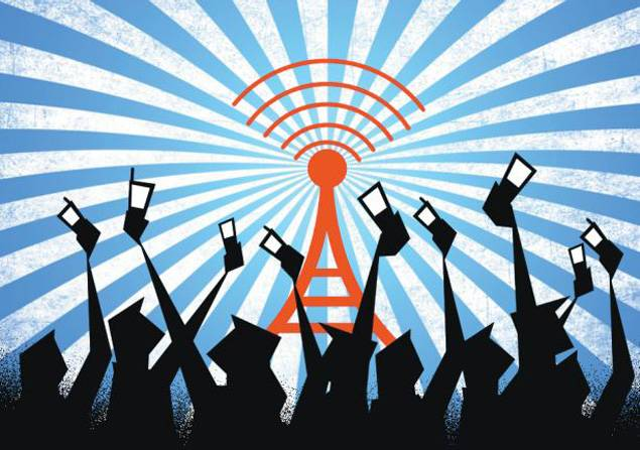How Internet Connectivity Improves People’s Lives in Developing Countries
Internet connectivity can help to improve access to information, opportunities, and services, and can contribute to the overall well-being and development of communities in developing countries, including:
- Education: Internet connectivity can provide access to a wealth of educational resources, including online courses, educational videos, and other materials. This can help to improve the quality of education and expand opportunities for learning, especially for people in remote or underserved areas.
- Employment: Internet connectivity can help people in developing countries to find and apply for jobs, as well as connect with potential employers and clients. It can also enable people to start and run their own businesses, providing a source of income and economic opportunities.
- Health: Internet connectivity can provide access to health information and resources, including telemedicine services, which can improve access to healthcare and lead to better health outcomes.
- Communication: Internet connectivity can help people to stay connected with friends and family, and to access news and information from around the world. It can also facilitate the exchange of ideas and facilitate collaboration with others.
- Political participation: Internet connectivity can provide a platform for people to engage in political discourse and participate in the democratic process, helping to promote transparency and accountability in governance.
The Good, Bad and Great News about Women on the Web in Developing Countries
Just weeks ago Intel announced a groundbreaking new report focused on Women and the Web in developing countries. The report was released as the lead-in at a vibrant...
Tulane’s New National ICT Resource Tool
Interested in reading Ethiopia’s National ICT Policy? Looking for Costa Rica’s National Plan of Telecommunications Development? Or perhaps Cambodia’s...
The Choice Between Facebook and Running Water Isn’t Obvious
Over the past several years two seemingly independent ideas have been gaining traction:
New technology allows developing nations to leapfrog over traditional growth...
Africa Has More Mobile Subscribers than the US or European Union
With more than 650 million subscribers, the World Bank is reporting that Africa’s mobile phone market is now bigger than either the US or the EU. Up from just...
Surprise! Free Public Internet Access Venues Do Not Compete with Mobile Phones for Users
The Public Access, Private Mobile report studied the interplay of shared access and the mobile Internet for teenagers in Cape Town.
It covered a large amount of...
Free Zone is Google Stepping Up its Game to Challenge Facebook in South Africa
You remember Facebook Zero, the no-cost access to Facebook that is helping to double Facebook users across Africa? Now check out Google’s come back:
Free...
Congratulations to Ghana for first place in mobile-broadband penetration in Africa
The ITU publishes the Measuring the Information Society report to identify recent global and regional trends in ICT deployment and uptake, on the basis of internationally...
Do you think there are 1.3 million daily Internet users in Kinshasa?
The always informative oAfrica blog has an interesting post on a survey of Internet users in Kinshasa, DRC. Along with oAfrica, I question some of the survey findings,...
Why Senegal Internet Adoption Lags Behind Kenya, Nigeria, and Other African Nations
Looking across Africa, a discrepancy shows itself. Nigeria, with all its problems, has 30% of its population online. Kenya, once a tech backwater, has a 74% Internet...
Silicon Valley Technology Salon: How Can Every African Woman Have Access to Broadband?
We all know that broadband connectivity is an accelerant for social and economic development. And we know that in the developing world, women are the key investors...




